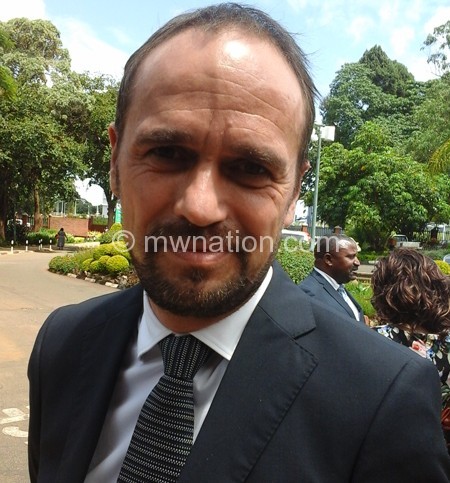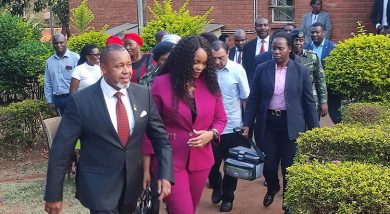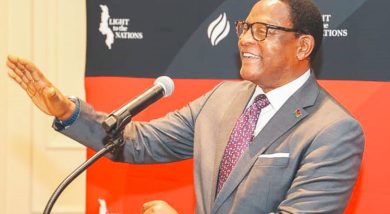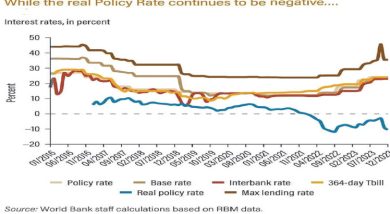EU plans no budget support for Malawi
The European Union (EU) yesterday announced the review of its focus areas in the absence of general budget support to Malawi between 2014 and 2020 being the major highlight under its funding modality, the 11th European Development Fund (EDF).
Both a senior Ministry of Finance, Economic Planning and Development official and Head of EU Delegation to Malawi Marchel Gerrmann confirmed the change in policy thrust following the decision by the EU headquarters in Brussels, Belgium.

Ministry of Finance director of debt and aid management Peter Simbani told The Nation in an interview in Lilongwe that the change is a policy matter that does not only apply to Malawi, but affects all States where EU is operating.
He was speaking in Lilongwe on the sidelines of the EU Country Portfolio Performance Review Meeting for EU development interventions.
EU is a member of the disbanded Common Approach to Budgetary Support (Cabs) which suspended budget support to Malawi in September 2013 following revelations of abuse of public funds at Capital Hill commonly referred to as Cashgate.
However, Simbani remained optimistic that EU would disburse the outstanding budget support as earmarked in the 10th EDF which covered the period 2008 to 2013.
The Nation understands that following the restricting of the EU portfolio to Malawi, the EU has changed its areas of focus in the 11th EDF to governance, sustainable agriculture and secondary education and Tevet as well as measures in favour of civil society.
The expired 10th EDF, which was worth 451 million euros, had four areas of focus namely agriculture and natural resources, transport and infrastructure, economics and governance and general budget support.
On his part, Gerrmann briefly told The Nation that the position of the EU remains an option in 10th EDF.
Earlier, Gerrmann told participants during the review meet that the changes in the 11th EDF also signify the difficulties that the EU member countries have faced over the past five years and hence need to adapt to its finances.
He added: “That is the reality that we have to live up with. Our parliament, taxpayers and citizens want to see results. We are not in this business for ever or perpetual, but we want Malawi to achieve sustainable economic growth, social growth among others.”
Earlier, Simbani also said government will have to embrace the changes.
In his Mid-Year Budget Review Statement, Minister of Finance, Economic Planning and Development Goodall Gondwe hinted at some development partners resuming budgetary support in the course of the year. The African Development Bank (AfDB) also indicated it may reopen its aid taps in April.
Malawi depends on donors for 40 percent of its recurrent budget and 80 percent in the development budget.





